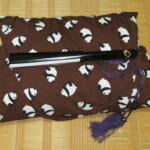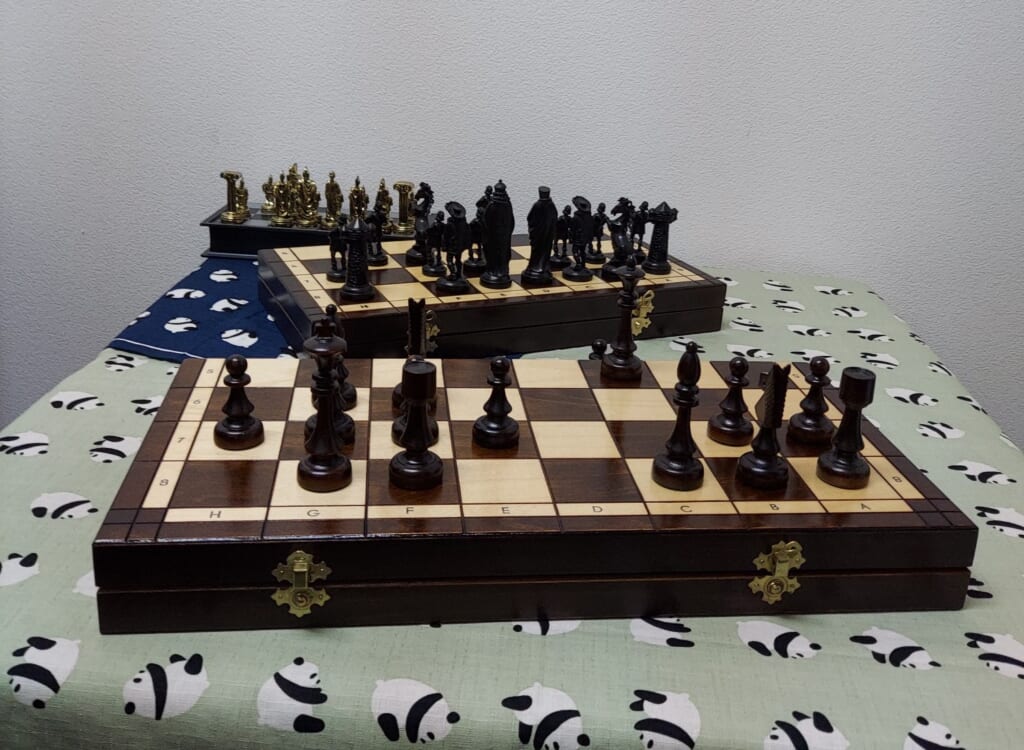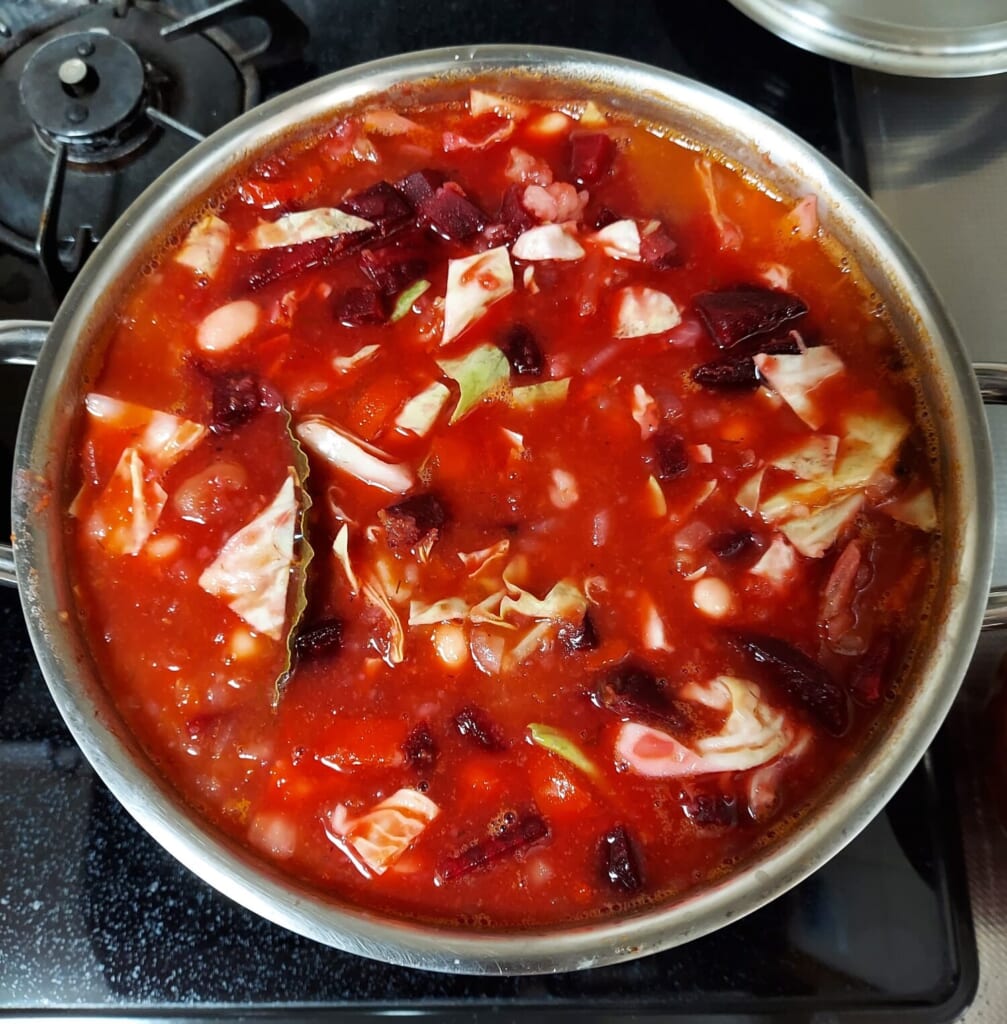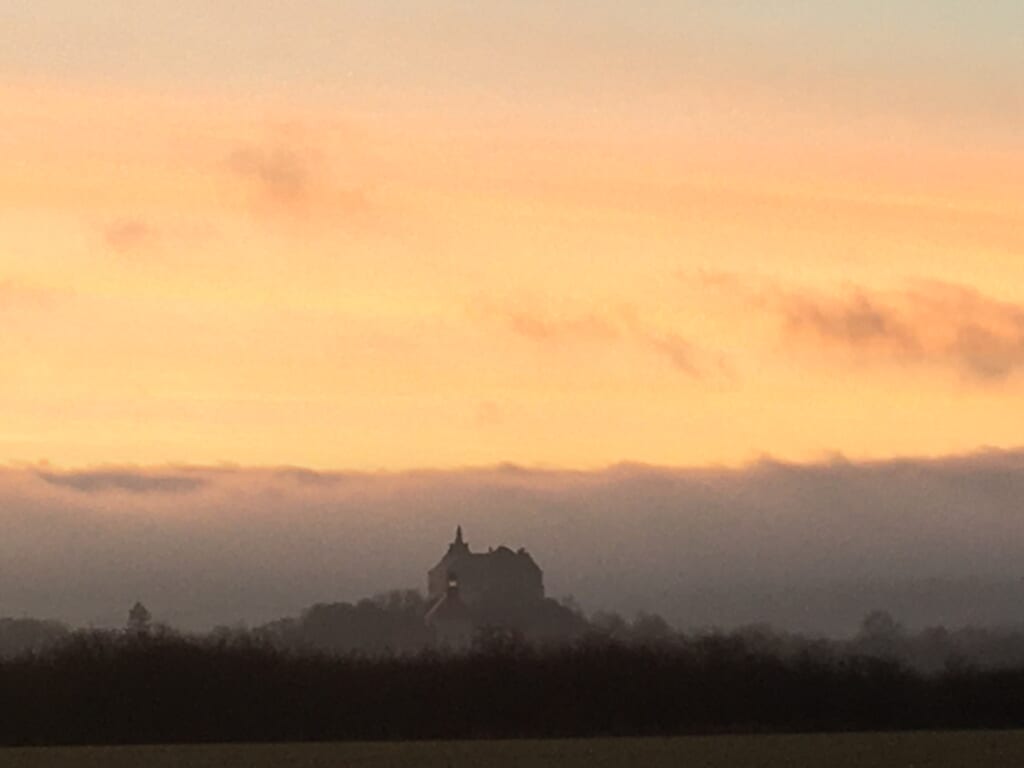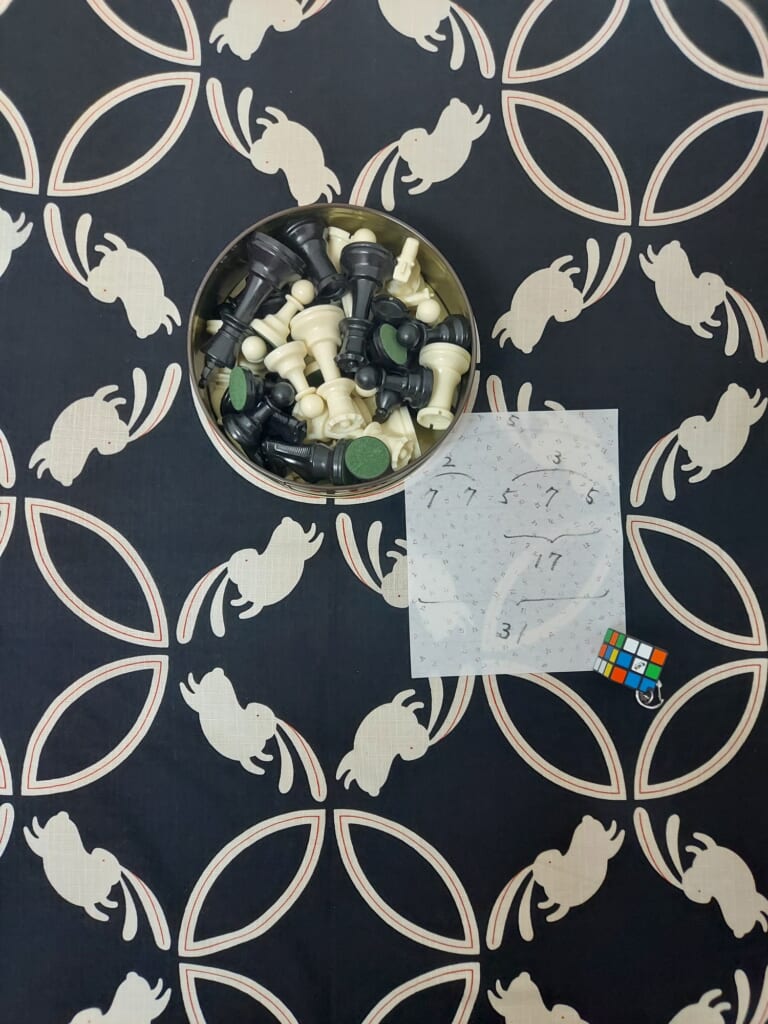
Workers salvage.
A sculpture of him.
From his destroyed museum.
From once his home.
It was late.
At night.
On 7 May.
2022.
When an ‘orcs’ missile.
Hit a museum.
That was once home.
To an ‘elf’ poet.
The 18th-Century.
Poet and philosopher.
“It’s a miracle.
That it did.”
“The roof was.
Completely blown off.
The walls are burnt and.
Only his statue survived.”
Says deputy director.
Of the museum.
In the Kharkiv region.
Of north-eastern Ukraine.
A ballet performance.
In Lviv dedicated.
To the 18th-Century.
Poet and philosopher.
The management.
At the museum.
Knew it might.
Come under attack.
And most of.
Its valuable artefacts.
Had been evacuated.
To a safer location.
There was nothing military.
About the museum.
Or its surroundings.
There was nothing military.
A ballet performance.
In Lviv dedicated.
To the 18th-Century.
Poet and philosopher.
But amid all the gloom.
The deputy director.
From the museum.
Believes that.
‘Elves’ have also.
Started to value more.
What is under threat.
From the ‘orcs’ invasion.
“It’s like in a relationship:
To understand.
What you’ve lost.
It has to be taken away.”
“We’re uniting.
Not around aggression.
Or anger.
But around cultural values.”
“Which each of us.
Will hand down.
To future generations.
It gives us a ray of light.”
Workers salvage.
A sculpture of him.
From his destroyed museum.
From once his home.
It was late.
At night.
On 7 May.
2022.
*Because I read “Heritage under attack: Ukrainians revive interest in culture” by Vitaly Shevchenko on 27 Aug 2024, and also “Why are Ukrainians calling Russians ‘orcs’?” by James FitzGerald on 30 Apr 2022, on the BBC news.
So, I wrote this poem, including a story of Nastya Ishchenko from the Hryhoriy Skovoroda Museum.
Please read the original story on the BBC news:
Heritage under attack: Ukrainians revive interest in culture (bbc.com)
**My friend kindly shows you this poem in one page of the Ukrainian website for their children and others!
Please join them! You can read my 44 poems here at once.
